Cargando...
Recursos educativos
-
Nivel educativo
-
Competencias
-
Tipología
-
Idioma
-
Tipo de medio
-
Tipo de actividad
-
Destinatarios
-
Tipo de audiencia
-
Creador
-
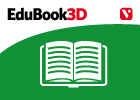
The return of urban life
EduBook Organización
- 3657 visitas
1.1. Increased agricultural production and population growth At the end of the 11th century, the number of wars and invasions decreased sharply. This period of peace allowed for advances in agriculture.…
-
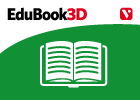
The driving factors behind imperialism
EduBook Organización
- 3281 visitas
1.1. Europe's dominance In the last few decades of the 19th century, the Second Industrial Revolution transformed the economies of the leading European powers. Great Britain, France, Belgium and…
-

True/false. The geographical discoveries of the 15th century
EduBook Organización
- 3137 visitas
Which of the following statements are true or false?: Progress in ship building and navigation techniques at the end of the 15th century allowed European explorers to discover new maritime routes. The…
-
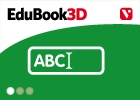
Complete. 18th century Spain
EduBook Organización
- 3116 visitas
Complete the sentences about Spain in 18th century with the missing words: The death of King without an heir caused an international conflict known as the War of . The new reigning dynasty in Spain, the…
-

True/false. The impact of European civilisation
EduBook Organización
- 3025 visitas
Are the following sentences true or false?: The colonised territories suffered a profound impact with the arrival of Europeans. The United States created new countries and invented new national borders.…
-
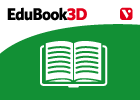
The age of discoveries
EduBook Organización
- 3016 visitas
The modern age The Modern Age began in Europe in the 15th century. In this period many important discoveries were made. The first printing press was built and many great works of art were produced,…
-

True/false. The age of imperialism
EduBook Organización
- 2987 visitas
Are the following sentences about the age of imperialism true or false?: Around 1870, the industrialised countries began a period of economic prosperity and population growth. The major European powers…
-
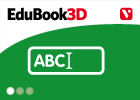
Final self-evaluation 3.02 - Medieval Cities
EduBook Organización
- 2944 visitas
Complete the sentences with the missing words: From the 12th century, a new style of architecture emerged, the . This architecture used a new type of arch called the arch or ogive. The churches and…
-
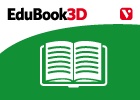
Social movements: Marxism and anarchism
EduBook Organización
- 2889 visitas
In the new industrial society, a number of thinkers emerged who denounced the injustices created by capitalism. They proposed new models of social organisation. 7.1. The first workers' associations…
-
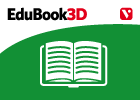
Globalisation and urban spaces
EduBook Organización
- 2853 visitas
1.1. Transformation of urban spaces Towards the end of the 20th century, the effects of globalisation on urban spaces were starting to show and a new type of city was emerging: the global city. Global…
Te estamos redirigiendo a la ficha del libro...













